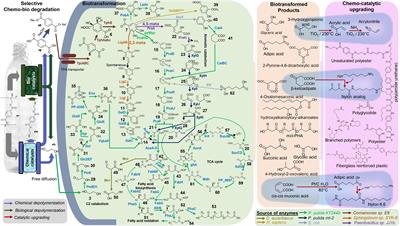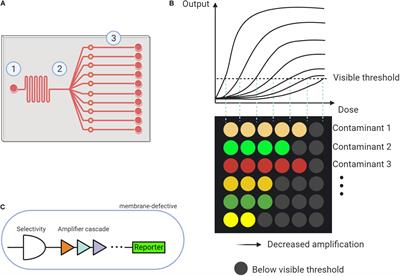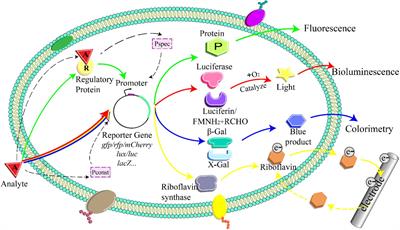MINI REVIEW
Published on 28 May 2021
Engineering Microbes to Bio-Upcycle Polyethylene Terephthalate

doi 10.3389/fbioe.2021.656465
- 19,971 views
- 52 citations
8,264
Total downloads
43k
Total views and downloads
MINI REVIEW
Published on 28 May 2021

PERSPECTIVE
Published on 09 Mar 2021

MINI REVIEW
Published on 23 Feb 2021

ORIGINAL RESEARCH
Published on 20 Aug 2020
